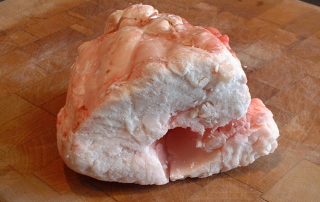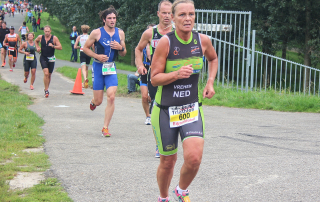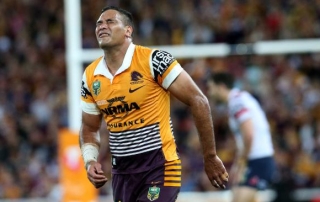Use of Technology – GPS Devises
Improving Performance requires you to look at the use of technology to improve performance as an ethical consideration. GPS devises are used expensively as a piece of technology that can improve performance. GPS devises provide trainers and coaches with objective data to help analyse an athlete's performance both during training and during competition. GPS devises [...]










